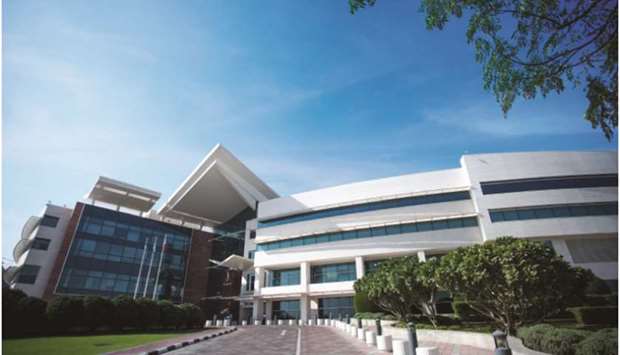Many sport clubs from different sports have announced their return to sports training after players trained individually for over two months during the Covid-19 lockdown measures. Significant uncertainty exists over safe return to football training and competition in a world gripped with the reality of the Covid-19 pandemic; the Bundesliga could well provide some clarity on that in the near future.
The Aspetar Clinical Guidelines and Pathway Committee (ACGPC), chaired by Dr Paul Dijkstra, established a Guideline Development Group (GDG) to produce updated guidelines and pathways for the safe return to sports training and competition during Covid-19. “These guidelines will be available soon and will assist clubs and federations to plan for a safe return to sports training and competition when the current Covid-19 measures allow it. The GDG will regularly update the document as new evidence emerge” said Dr Emin Ergen, who is leading the GDG.
Is it the right time to return to competition?
But is it the right to return to sports training and competition? Members of the Aspetar Covid-19 return to sports GDG say that it depends on many factors that differ from one country and region to another, such as the prevalence of Covid-19 in a country/region, the capacity of the health system, the individual risk profiles of the athletes and the pressure to resume play.
“Until there is an effective treatment or a vaccine, resuming training or competition will always bear a risk. This risk can of course be mitigated by the usual infection control measures, but at the end it all comes down to how much risk a country or an organisation is willing to take’ Dr Olaf Schumacher from Aspetar said.
Some football clubs in Qatar resumed some form of training while complying with the Government’s current Covid-19 measures. While it has not yet made a formal decision in this regard, Aspetar through its National Sports Medicine Programme (NSMP) conducted several club doctors’ meetings providing recommendations on how to follow the Ministry of Public Health’s current recommendations to protect the health of the players, and medical and technical staff as much as possible. Aspetar recommendation will provide best evidence based clinical guidelines and will be shared with the relevant stakeholders.
It isn’t entirely
safe to play yet
Aspetar psychologist Sofiane Souissi stressed that suspending seasons and cancelling competitions could cause significant grief, stress, anxiety, frustration, and sadness for an athlete.
One of Aspetar’s recommendations to be published will stipulate additional mental health support measures for athletes by sports medicine providers. These measures might include regular check-ins with athletes, facilitating consultation with a psychologist, and encouraging maintenance of social support and interactions with family, friends, and teammates.
Are you ready?
Many rightly ask, “How can the athletes be fit for returning to competition after almost two months of modified training while staying home?” The Aspetar guideline will provide some direction. “Athletes’ ability to return to competition will depend largely on the type of sport and the quality of the home training they were able to do. In Sports like cycling, it is likely that athletes can perform training sessions that mimic the demands of competition (indoor cycling/e-races/smart trainers) and maintain levels of training similar to the pre-Covid-19 situation, therefore, the return to training and competition may be relatively easier and smoother,” said Dr Marco Cardinale, executive director of Research and Scientific Support at Aspetar.
In sports with reduced access to appropriate facilities (e.g. Aquatics/Gymnastics/Court and pitch sports), one can assume that normal intensity training has been reduced or absent for at least 4 weeks or longer. These athletes will unfortunately experience a reduction in strength, power, speed and endurance as a result.

